WHAT IS THE UNIVERSAL DECLARATION OF HUMAN RIGHTS AND WHY WAS IT CREATED?
The Universal Declaration of Human Rights (UDHR) is a document that acts like a global road map for freedom and equality – protecting the rights of every individual, everywhere. It was the first time countries agreed on the freedoms and rights that deserve universal protection in order for every individual to live their lives freely, equally and in dignity.
The UDHR was adopted by the newly established United Nations on 10 December 1948, in response to the “barbarous acts which […] outraged the conscience of mankind” during the Second World War. Its adoption recognised human rights to be the foundation for freedom, justice and peace.
Work on the UDHR began in 1946, with a drafting committee composed of representatives of a wide variety of countries, including the USA, Lebanon and China. The drafting committee was later enlarged to include representatives of Australia, Chile, France, the Soviet Union and the United Kingdom, allowing the document to benefit from contributions of states from all regions, and their diverse religious, political and cultural contexts. The UDHR was then discussed by all members of the UN Commission on Human Rights and finally adopted by the General Assembly in 1948.
The Declaration outlines 30 rights and freedoms that belong to all of us and that nobody can take away from us. The rights that were included continue to form the basis for international human rights law. Today, the Declaration remains a living document. It is the most translated document in the world.
TAKE A QUIZ!
Hardly anyone gets them all right – can you?
WHAT IS IT DESIGNED TO DO?
The UDHR is a milestone document. For the first time, the world had a globally agreed document that marked out all humans as being free and equal, regardless of sex, colour, creed, religion or other characteristics.
The 30 rights and freedoms set out in the UDHR include the right to be free from torture, the right to freedom of expression, the right to education and the right to seek asylum. It includes civil and political rights, such as the rights to life, liberty and privacy. It also includes economic, social and cultural rights, such as the rights to social security, health and adequate housing.
DO YOU KNOW YOUR RIGHTS? HOVER OVER THE ARTICLES TO REVEAL THE ANSWER
 Article 1 – All human beings are born free and equal.
Article 1 – All human beings are born free and equal.
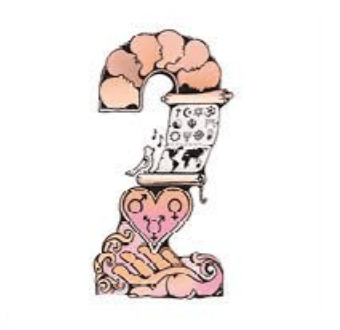 Article 2 – Everyone is equal regardless of race, colour, sex, language, religion, politics, or where they were born.
Article 2 – Everyone is equal regardless of race, colour, sex, language, religion, politics, or where they were born.
 Article 3 – Everyone has the right to life [and to live in freedom and safety].
Article 3 – Everyone has the right to life [and to live in freedom and safety].
 Article 4 – Everyone has the right to be free from slavery.
Article 4 – Everyone has the right to be free from slavery.
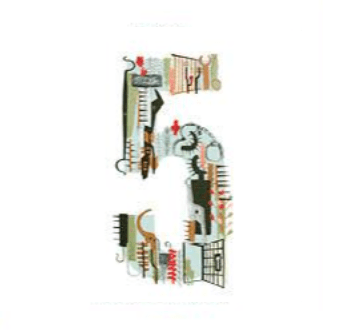 Article 5 – Everyone has the right to be free from torture.
Article 5 – Everyone has the right to be free from torture.
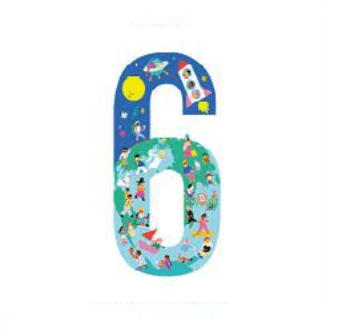 Article 6 – Everyone has the right to be recongnised before the law. Article 6 – Everyone has the right to be recongnised before the law.
Article 6 – Everyone has the right to be recongnised before the law. Article 6 – Everyone has the right to be recongnised before the law.
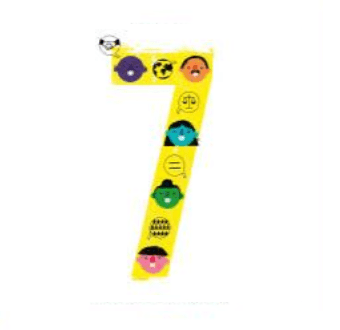 Article 7 – We are all are equal before the law.
Article 7 – We are all are equal before the law.
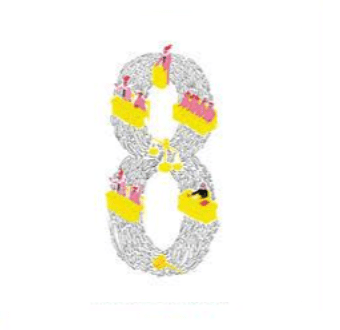 Article 8 – Everyone has the right to seek justice if their rights are violated.
Article 8 – Everyone has the right to seek justice if their rights are violated.
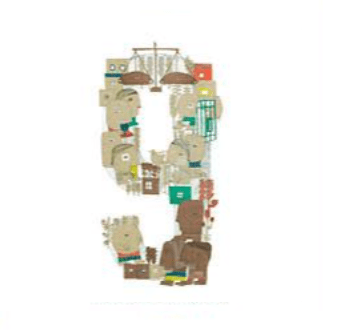 Article 9 – Everyone has the right to freedom from arbitrary arrest, detention or exile.
Article 9 – Everyone has the right to freedom from arbitrary arrest, detention or exile.
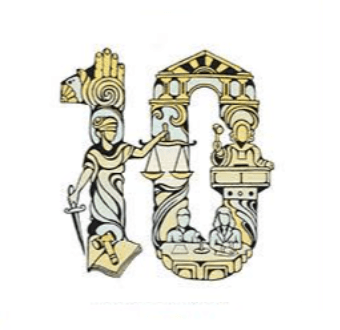 Article 10 – Everyone has the right to a fair trial.
Article 10 – Everyone has the right to a fair trial.
 Article 11 – Everyone has the right to be presumed innocent until proven guilty.
Article 11 – Everyone has the right to be presumed innocent until proven guilty.
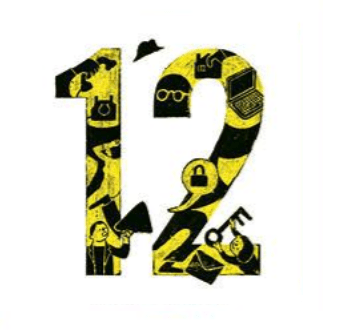 Article 12 – Everyone has the right to privacy and freedom from attacks on their reputation.
Article 12 – Everyone has the right to privacy and freedom from attacks on their reputation.
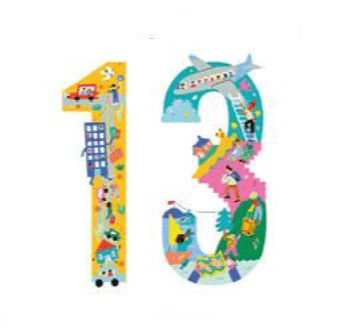 Article 13 – Everyone has the right to freedom of movement and to be free to leave and return to their own country.
Article 13 – Everyone has the right to freedom of movement and to be free to leave and return to their own country.
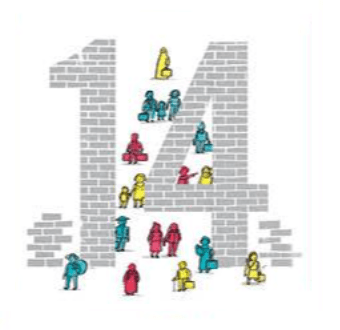 Article 14 – Everyone has the right to seek asylum from persecution.
Article 14 – Everyone has the right to seek asylum from persecution.
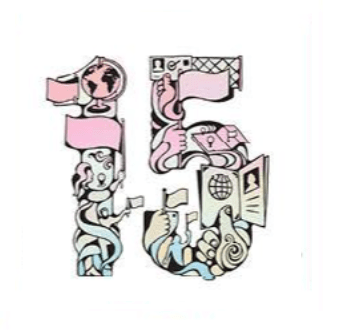 Article 15 – Everyone has the right to a nationality.
Article 15 – Everyone has the right to a nationality.
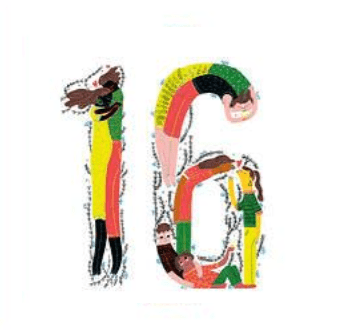 Article 16 – Everyone has the right to marry and to have a family.
Article 16 – Everyone has the right to marry and to have a family.
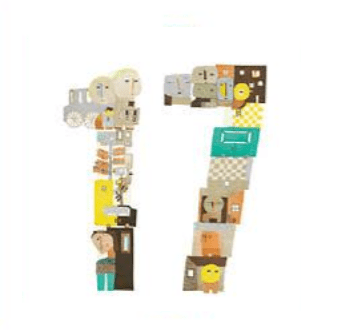 Article 17 – Everyone has the right to own property.
Article 17 – Everyone has the right to own property.
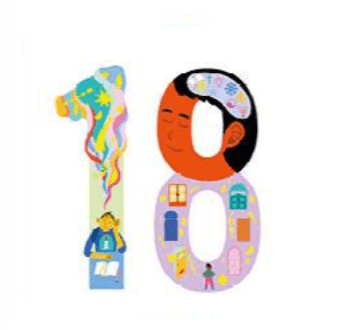 Article 18 – Everyone has the right to freedom of thought, conscience and religion.
Article 18 – Everyone has the right to freedom of thought, conscience and religion.
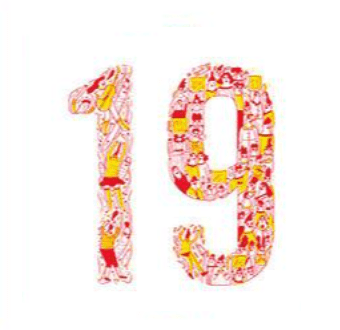 Article 19 – Everyone has the right to freedom of opinion and expression.
Article 19 – Everyone has the right to freedom of opinion and expression.
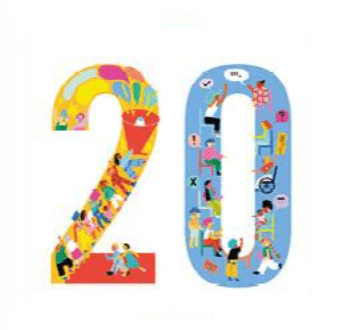 Article 20 – Everyone has the right to freedom of peaceful assembly and association.
Article 20 – Everyone has the right to freedom of peaceful assembly and association.
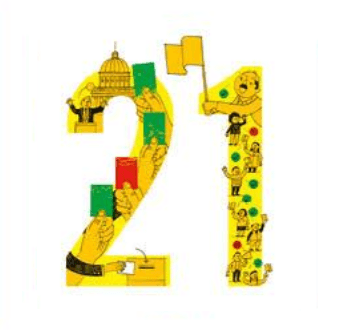 Article 21 – Everyone has the right to take part in government and to have equal access to public service.
Article 21 – Everyone has the right to take part in government and to have equal access to public service.
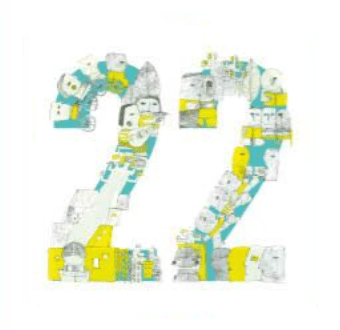 Article 22 – Everyone has the right to social security.
Article 22 – Everyone has the right to social security.
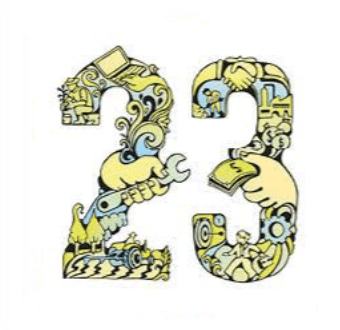 Article 23 – Everyone has the right to work, to equal pay, to protection against unemployment and the right to form and join trade unions.
Article 23 – Everyone has the right to work, to equal pay, to protection against unemployment and the right to form and join trade unions.
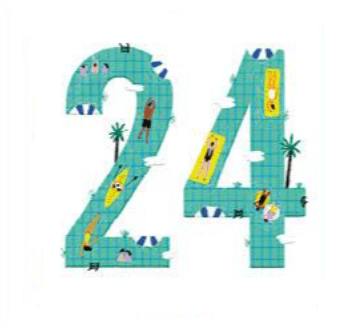 Article 24 – Everyone has the right to rest and leisure
Article 24 – Everyone has the right to rest and leisure
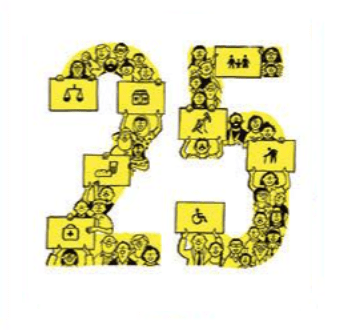 Article 25 – Everyone has the right to a decent standard of living, including food, clothing, housing, medical care and social services.
Article 25 – Everyone has the right to a decent standard of living, including food, clothing, housing, medical care and social services.
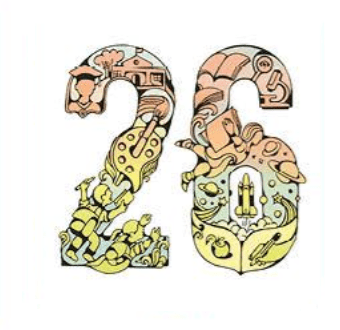 Article 26 – Everyone has the right to education.
Article 26 – Everyone has the right to education.
 Article 27 – Everyone has the right to participate in and enjoy culture, art and science.
Article 27 – Everyone has the right to participate in and enjoy culture, art and science.
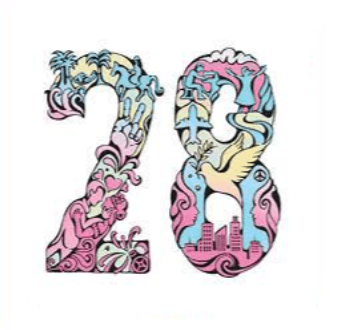 Article 28 – Everyone has the right to a social and international order where the rights in this Declaration can be fully realized.
Article 28 – Everyone has the right to a social and international order where the rights in this Declaration can be fully realized.
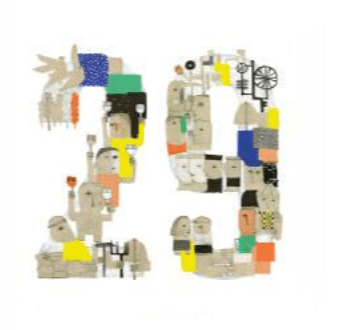 Article 29 – We have a duty to other people and we should protect their rights and freedoms
Article 29 – We have a duty to other people and we should protect their rights and freedoms
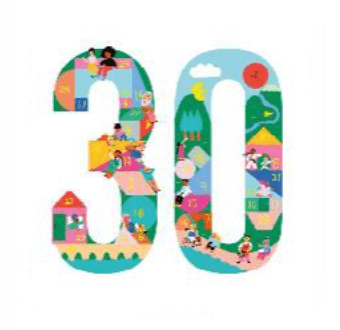 Article 30 - Nobody can take away these rights and freedoms from us
Article 30 - Nobody can take away these rights and freedoms from us
WHAT IS THE RELEVANCE OF THE UNIVERSAL DECLARATION OF HUMAN RIGHTS 70 YEARS AFTER ITS ADOPTION?
The UDHR is, as its title suggests, universal – meaning it applies to all people, in all countries around the world. Although it is not legally binding, the protection of the rights and freedoms set out in the Declaration has been incorporated into many national constitutions and domestic legal frameworks.
The Declaration has also provided the foundation from which a wealth of other legally binding human rights treaties have been developed, and has become a clear benchmark for the universal human rights standards that must be promoted and protected in all countries.
The UDHR continues to serve as a foundation for national and international laws and standards. For organizations like Amnesty who are committed to protecting and fighting for human rights, it acts as a guiding inspiration for our mission and vision.

Every December, Amnesty supporters across the globe will write millions of letters and take action for those whose basic human rights are being attacked. They are people like you, continuing a long tradition of writing letters to right some of the worlds’s biggest wrongs.
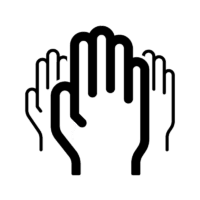
Amnesty International is a global movement of more than 7 million people who take injustice personally. We are campaigning for a world where human rights are enjoyed by all.

Defending Dignity: The Universal Declaration of Human Rights – Get an introduction to the UDHR and discover ways you can take action to defend dignity and claim your rights, and the rights of others through this new course from Amnesty International launching in the new year!
HUMAN RIGHTS ARE UNIVERSAL, INDIVISIBLE AND INTERDEPENDENT
All human rights are equally important, and all governments must treat human rights in a fair and equal manner, on the same footing and with the same emphasis. All states have a duty, regardless of their political, economic and cultural systems, to promote and protect all human rights for everyone without discrimination.
So no matter what distinctions people have, there is one basic principle that underlies all the rights outlined in the UDHR: that every human being has the same inalienable rights. This means human rights are the same for every man, woman and child across the world, no matter what their circumstances.
There can be no distinction of any kind: including race, colour, sex, sexual orientation or gender identity, language, religion, political or any other opinion, national or social origin, of fortune, of birth or any other situation. Universal means everyone, everywhere.
The UDHR also shows us that human rights are interdependent and indivisible. All of the 30 articles in the Declaration are equally important. Nobody can decide that some are more important than others. Taking away one right has a negative impact on all the other rights.
HOW DOES AMNESTY FIGHT FOR THE RIGHTS IN THE UNIVERSAL DECLARATION OF HUMAN RIGHTS?
The UDHR is the foundation stone of the rights that Amnesty, and its seven-million strong power base, fight for day in, day out. More than 50 years since we started, we continue to take action and campaign for justice, freedom, truth and dignity wherever it has been denied.
We do this by investigating and exposing human rights abuses wherever they happen. By galvanising our global movement, we shine a light where individuals are at risk and provide information to future generations so that the progressive fulfilment of human rights make it a reality for all.

